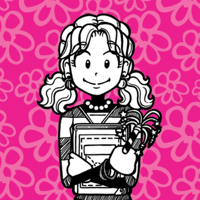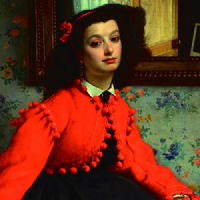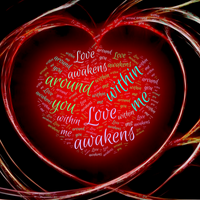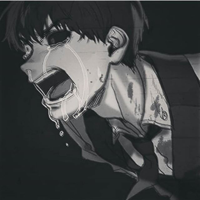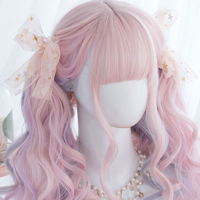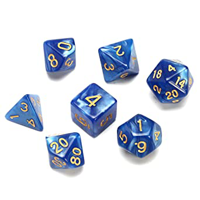Anne Shirley MBTI性格类型
性格
"Anne Shirley是什么人格? Anne Shirley是MBTI中的INFP人格类型,九型中的4w3 - sx/so - 479,五大类型中的SLUAI,Socionics中IEE类型。"
Okay, I voted previously, but let’s go for EVERY other function here. If people have gripes with an individual functioning, I can go further into depth. Too many people are just saying “She’s talkative so ENFP.” I’m not going to be convinced until someone can argue every function for ENFP. Fi dom + Ne aux: She’s quite the creative girl, to the extent that she is mistyped as ENFP, but she uses her Ne to support her Fi. A great example of this is when she pretends to be Elaine. Her emphasis is on creating an atmosphere of sorrow and identifying with the innate tragedy of the Arthurian tale behind this. Similarly, her imaginary friend in the first book are supportive to the intense self-expression of her internalized emotive reactions to her surroundings. She is excitable and talkative as a child developing Ne (though she becomes quiet and healthily withdrawn, developing tertiary Si in later books), with her talking about how her surroundings reflect on her emotions and crafting the world around her to shape and expand upon her own emotions. She has the innate desire to impress her emotions upon others. Si child: My best argument, quite frankly, comes from this. In the early books of the series, Anne is a child, using predominantly Fi and Ne, not always in that order. However, in her later years, she finds solace and grounding in returning to physical locations that she has assigned last meaning to. She grows upset at the notion of past locations changing even when it is genuinely in the best interest of others involved (also demonstrating some opposing Fe by assigning her own emotions to others, I’d argue). Te inferior: My girl STRUGGLES to develop her Te in Anne of Avalon and causes great stress and insecurity to herself rather than comfort or order as it would in a tertiary slot. This is in an attempt to corral children in a classroom into an efficient learning environment without fully acknowledging or accepting her higher functions. This situation only becomes alleviated more as she gets back in touch with these, empathizing with the emotive nature and occasional disobedience of the children as well as fostering their creativity and tapping into individualism. Ni critic: Similarly, Anne’s existential crisis in Anne of Avonlea reflects this. She becomes utterly convinced that she is destined to fail for the foreseeable future based only on temporary situations and her innate nature, abandoning her ability to pivot into success or brainstorm prior to tapping into her Si. Fe opposing: Anne significantly struggles with others’ perception of her, often intentionally acting to stick out and fight back with her Fi, all-the-while secretly lamenting her inability to properly fit in with other children or align with the social atmosphere. She deeply admires and utilizes the healthy Fe usage found in Matthew and Diana, all the while connecting with their Fi critic. Ti demon: imma be real here I really struggle with Ti as a function so I can’t really explain it without enlisting the help of my INTJ partner. Se trickster: I’m not a fan of the whole notion that Se trickster= clumsy but let’s be real— the scene with her on the roof is actually a pretty good representation of her poor Se getting the best of her.
背景
相关人物

Gilbert Blythe

Diana Barry

Marilla Cuthbert

Matthew Cuthbert

Davy Keith

Philippa Gordon

Walter Blythe

Rachel Lynde


